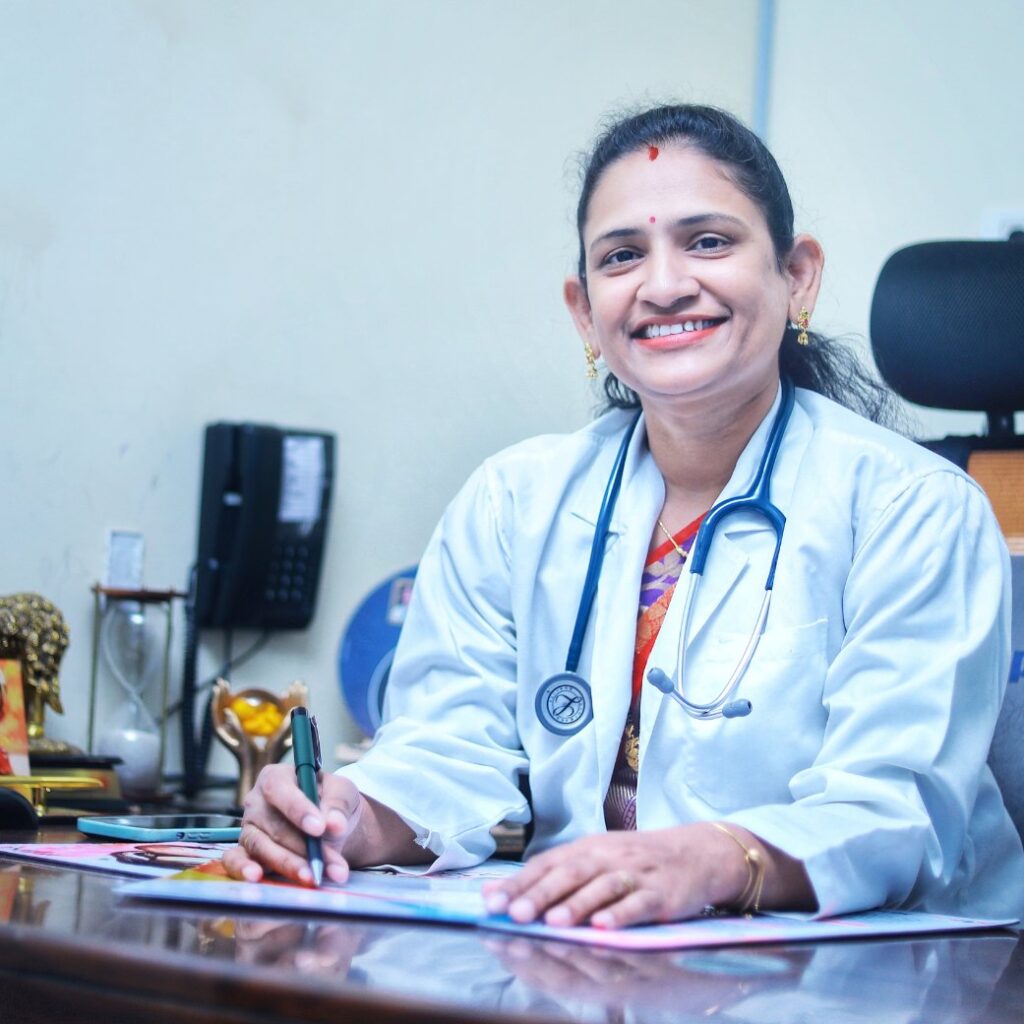
The terms Polycystic Ovary Disease (PCOD) and Polycystic Ovary Syndrome (PCOS) often sound similar, but both have different symptoms and effects. These two conditions affect women’s reproductive health, but their severity, symptoms, management, and treatment differ.
The ovaries produce many immature or partially mature eggs.
These eggs turn into cysts, leading to hormonal imbalance.
PCOD is less severe than PCOS.
It can be managed with proper lifestyle changes, diet, and treatment.
PCOS is a hormonal and metabolic disorder.
The body produces higher levels of male hormones (androgens).
This affects ovulation and can cause infertility, diabetes, and heart problems in the long run.
PCOD does not have specific types. Based on the severity of symptoms, it can range from mild to moderate. It is generally managed with lifestyle and hormonal adjustments.
PCOS is classified into four main types:
Insulin-Resistant PCOS – Linked to insulin resistance, weight gain, and higher risk of diabetes
Inflammatory PCOS – Caused by chronic inflammation in the body
Hidden-Cause PCOS – Triggered by conditions like thyroid disorders, zinc or vitamin D deficiency
Pill-Induced PCOS – Temporary symptoms after stopping birth control pills
It is important to consult a doctor if you notice PCOD or PCOS symptoms. Visit a gynecologist at Suraksha Hospital in the following situations:
👉 Regular health check-ups are very important. If you have any doubts about your health, consult your doctor without delay.

Gynecologist & Infertility Specialist. MBBS, MS (OBG)
Suraksha Multi-Speciality Hospital is committed to providing advanced, compassionate, and patient-centered healthcare. With expert doctors and modern facilities, we ensure quality treatment for all.

Expert care with advanced technology for patient-focused treatment.